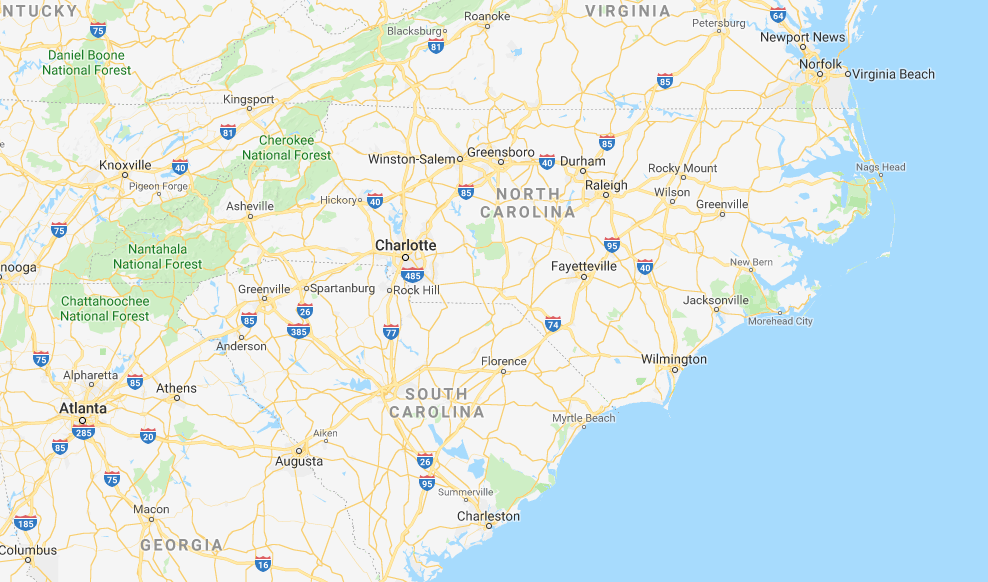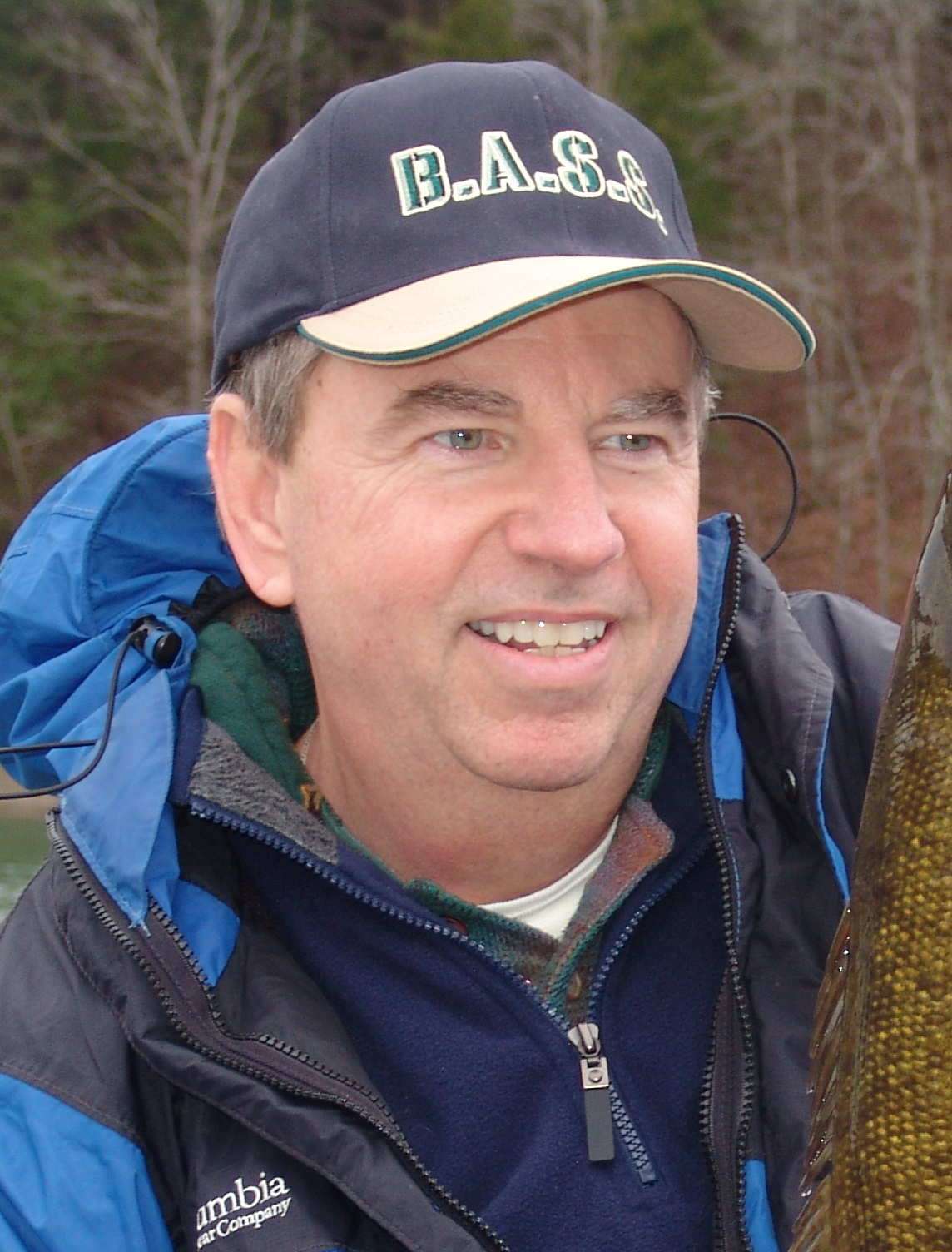
RALEIGH, N.C. – North Carolina’s passage of an amendment guaranteeing the right to fish and hunt enjoyed strong support in the November mid-term elections, as more than 2 million voted for the measure.
While Bill Frazier, conservation director for the North Carolina B.A.S.S. Nation, is pleased by the victory, he is troubled nonetheless.
“More than 1.5 million of our fellow citizens tried to vote it down,” he said. “Let that sink in.”
Opponents of the bill, he added, “Threw so many curve balls at this, it was ridiculous. One of the more outlandish was voting favorably would take away protections from overharvest. How do you over-harvest in a catch-and-release sport? Pure ignorance.”
Another mistaken assumption, the conservation director added, was that the amendment would allow anglers to fish “wherever,” with no regard for state laws and private property rights.
Additionally, some who opposed the amendment didn’t understand that isn’t just about protecting those who fish and hunt on public waters and lands from harassment. It’s also about guaranteeing that legislators will not bow to anti-fishing and anti-hunting demands by animal rights groups behind the scenes.
Passage should have been “a bipartisan issue that protects sportsmen from zealots who don’t want us doing it at all,” Frazier added. “We’ve seen a steady increase in individuals and groups with a preservationist agenda. Just because they did not knock on your door or confront you at the lake doesn’t mean it (attempt to stop fishing and hunting) did not happen. That’s not how they work. They lobby.”
Finally, some framed the amendment as a political ploy, a strategy designed to bring more voters of a certain type to the polls.
“It is really a blatant partisan use of the constitution to draw out a particular voting populace,” said State Rep. Susan Fisher. “When you give people the idea that something is threatened, like hunting and fishing, and if we don’t make it an amendment, it’s going to go away, that’s just foolishness. It’s not true.”
But, as Frazier pointed out, both Democrats and Republicans fish and hunt.
On the national front, meanwhile, passage received praise from Richard Childress, honorary board member of the Congressional Sportsmen’s Foundation (CSF) and a North Carolina resident.”The amendment is about ensuring our ability to pass on outdoor traditions, protecting conservation funding and instilling a deep appreciation for our state’s wildlife and natural resources in the minds of North Carolina’s next generation,” he said.
To be added as Section 38 of the state constitution, the amendment reads as follows:
“The right of the people to hunt, fish, and harvest wildlife is a valued part of the State’s heritage and shall be forever preserved for the public good. The people have a right, including the right to use traditional methods, to hunt, fish, and harvest wildlife, subject only to laws enacted by the General Assembly and rules adopted pursuant to authority granted by the General Assembly to (i) promote wildlife conservation and management and (ii) preserve the future of hunting and fishing. Public hunting and fishing shall be a preferred means of managing and controlling wildlife. Nothing herein shall be construed to modify any provision of law relating to trespass, property rights, or eminent domain.”
In 1777, Vermont was the first state to enshrine protections for fishing and hunting in its constitution and the only one to do so until 1996. Since then, 21 quickly have followed, including Texas in 2015 and Kansas and Indiana in 2016.
“The motivation for amending these state constitutions is based on the recognition that anti-hunting (and anti-fishing) forces are actively working to restrict or eliminate sportsmen and women’s access to public wildlife resources throughout the country,” said CSF.
“Consequently, voters and state legislators have taken it upon themselves to make it clear that hunting, fishing and trapping are safe, responsible and fundamentally important recreational activities that should be protected for generations to come.”





